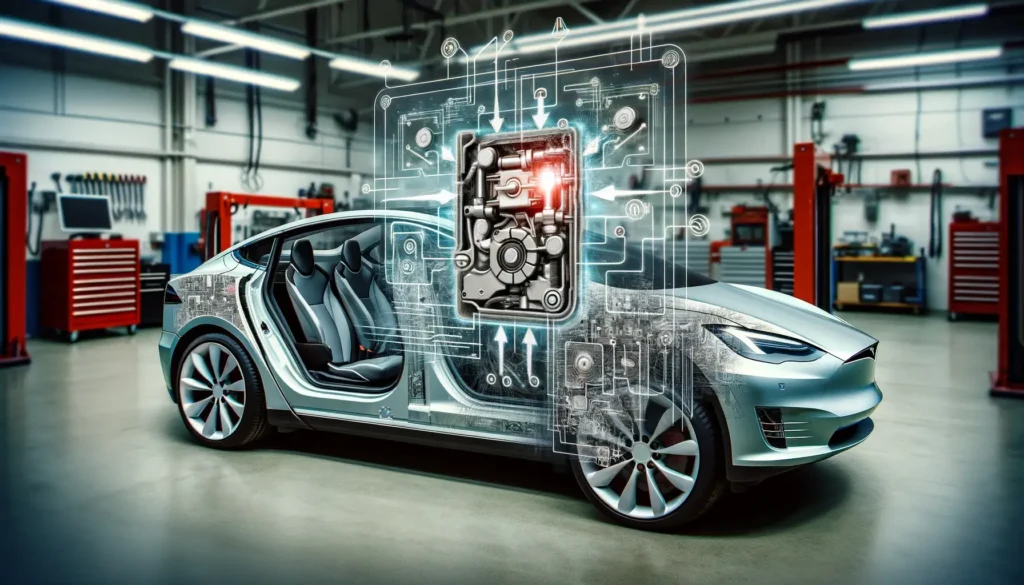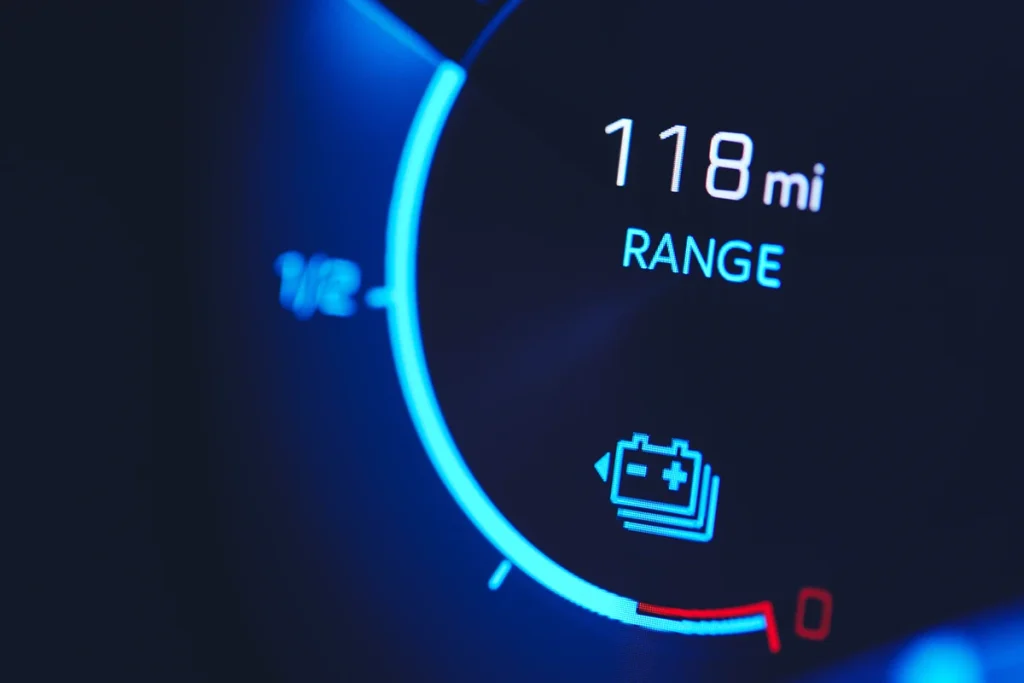Beijing’s Big Move: Tesla’s Recall and Remote Fixes
In an unprecedented move, Tesla has initiated a recall for over 1.6 million Model S, X, 3, and Y electric vehicles exported to China, addressing critical issues with automatic assisted steering and door latch controls. This decision, announced by China’s State Administration for Market Regulation, indicates a proactive stance towards vehicular safety and underscores the increasing importance of the Chinese market in Tesla’s global strategy. The recall primarily involves software upgrades, conveniently delivered remotely, reducing the need for physical service center visits and showcasing Tesla’s innovative approach to problem-solving.
Understanding the Risks and Solutions
The recall, affecting a staggering 1.6 million vehicles, targets two primary concerns: the automatic steering assist function and the door unlock logic control. The former, a key feature in Tesla’s assisted driving technology, poses a risk due to potential misuse by drivers, increasing accident chances. The latter issue, concerning 7,538 vehicles, focuses on preventing doors from opening during collisions, a crucial safety measure. Tesla’s response involves not just a technical fix but a commitment to customer safety and satisfaction.
Global Context and Previous Recalls
This recall doesn’t stand alone; it follows a significant recall in the U.S. where over 2 million Tesla EVs were called back for improvements in driver monitoring systems. Stemming from a detailed investigation by the U.S. National Highway Traffic Safety Administration, this series of recalls highlights the intricate balance between innovation and safety in the rapidly evolving world of electric vehicles. While Tesla’s advanced Autopilot system represents a leap towards the future of driving, it also brings forth challenges in ensuring driver engagement and safety.
Tesla in China: A Strategic Pivot
China isn’t just a market for Tesla; it’s a pivotal manufacturing hub and a symbol of its global aspirations. The Shanghai Gigafactory, operational since 2019, not only caters to the Chinese demand but also serves Europe and other markets, illustrating the intertwined nature of global manufacturing and trade. Amidst fluctuating U.S.-China relations, Tesla’s thriving presence in China, led by CEO Elon Musk’s strategic engagements, showcases the company’s adaptability and ambition in a complex international landscape.


